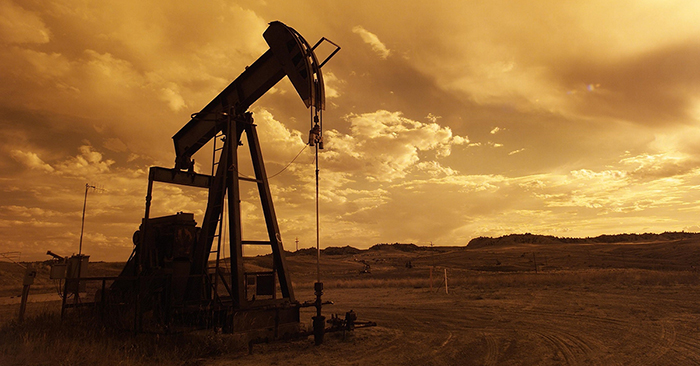What are some examples of whistleblowers fighting oil and gas fraud?
Oil companies are among the most powerful entities globally from a financial and influence standpoint. Whistleblowers in this industry are taking the fight for justice to those with incredibly deep pockets and robust legal defense measures.
Royalties Fraud
Drilling for oil in the United States often involves leasing land from the government or Native American tribes. These leases generally include a royalty provision where the companies must pay the government royalties for the oil produced from wells on these leased lands. In one case, a group of whistleblowers blew open an alleged nationwide conspiracy across several oil companies to underpay those royalties to the government.
Result: Between the companies, they settled with the government for nearly half a billion dollars, and the major contributing whistleblowers received around $15 million each.1,3
Bid-Rigging
A whistleblower filed an action against two companies, stating that the companies rigged bidding for mineral rights obtained through the Bureau of Land Management. The companies allegedly agreed not to bid against each other to keep the costs down and share in the profits after the fact. The whistleblower in this case alleged that this was collusion to obtain land leases from the government without paying the fair value of the land.
Result: The companies agreed to pay fines for violations of the Sherman Act and the relator’s attorney’s fees, and the allegations were resolved.1,3
Dodging Tariffs
Importing and exporting goods is big business, and in the energy industry, there’s more coming and going than just crude oil. Equipment and materials cross the border constantly. One whistleblower alleged that a company intentionally misclassified imported materials to avoid tariffs.
Result: The company agreed to a hefty settlement with the government, and the whistleblower received approximately $3.7 million for their contribution.1,3
Retaliation
Whistleblower laws don’t just prevent and punish fraud. They also have protections for whistleblowers – because doing the right thing shouldn’t be punished. In 2016, an energy company agreed to settle a case with the government due to its alleged retaliation against an internal whistleblower and attempts to prevent employees from reporting fraud.
One employee was in charge of engineers who managed part of the company’s drilling program and was concerned with how the company was calculating its reserves. The company fired the employee and allegedly tried to enact agreements that would silence and prevent whistleblowers from coming forward.
Result: The company agreed to pay $1.4 million in penalties. The internal whistleblower did not bring the case to the government’s attention, however, and did not share in the proceeds.3
Leasing Fraud
In one of the infamous disasters in recent memory, the BP Deepwater Horizon platform tragedy got plastered on the front page and across the American consciousness. Many deaths resulted from improper or insufficient safety measures, and the company’s claims regarding safety helped it obtain the lease to the area in which it was drilling. These alleged misrepresentations are against the False Claims Act.
Result: In addition to the very human tragedy, BP had to pay $82.6 million to settle False Claims Act allegations.3 Had a whistleblower stepped forward early on, they may have partaken of an award – and prevented many deaths.






